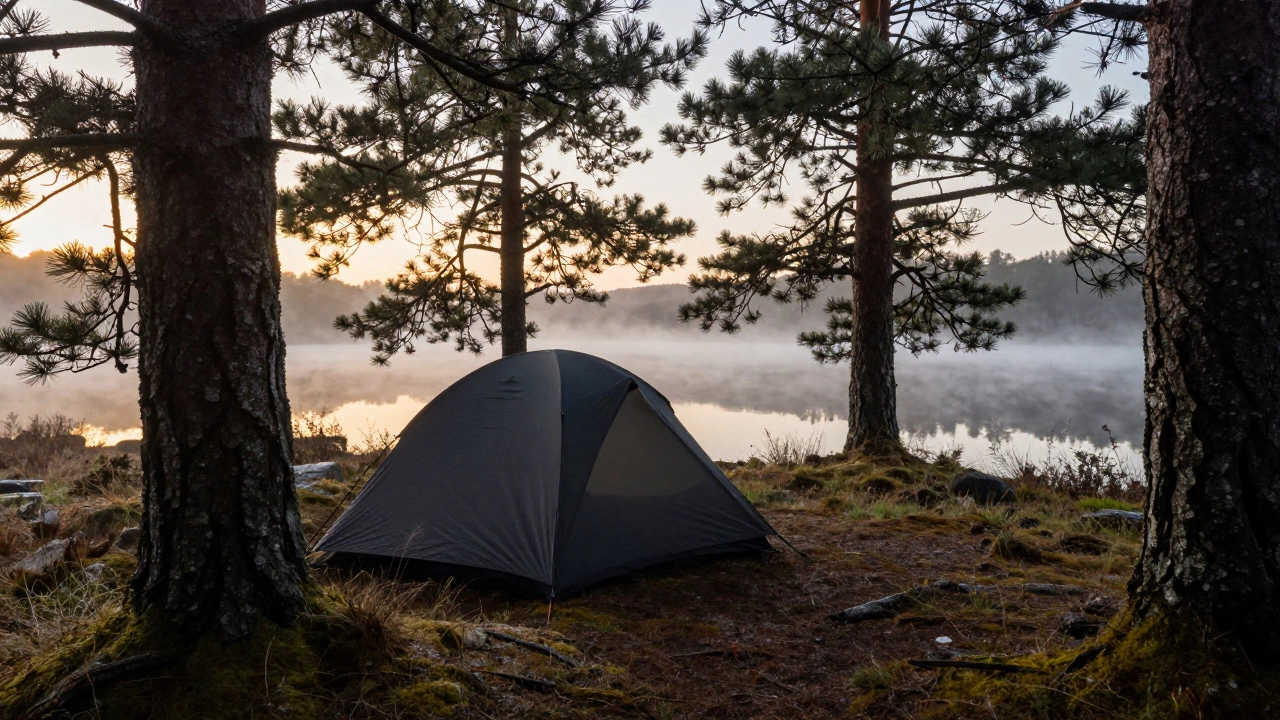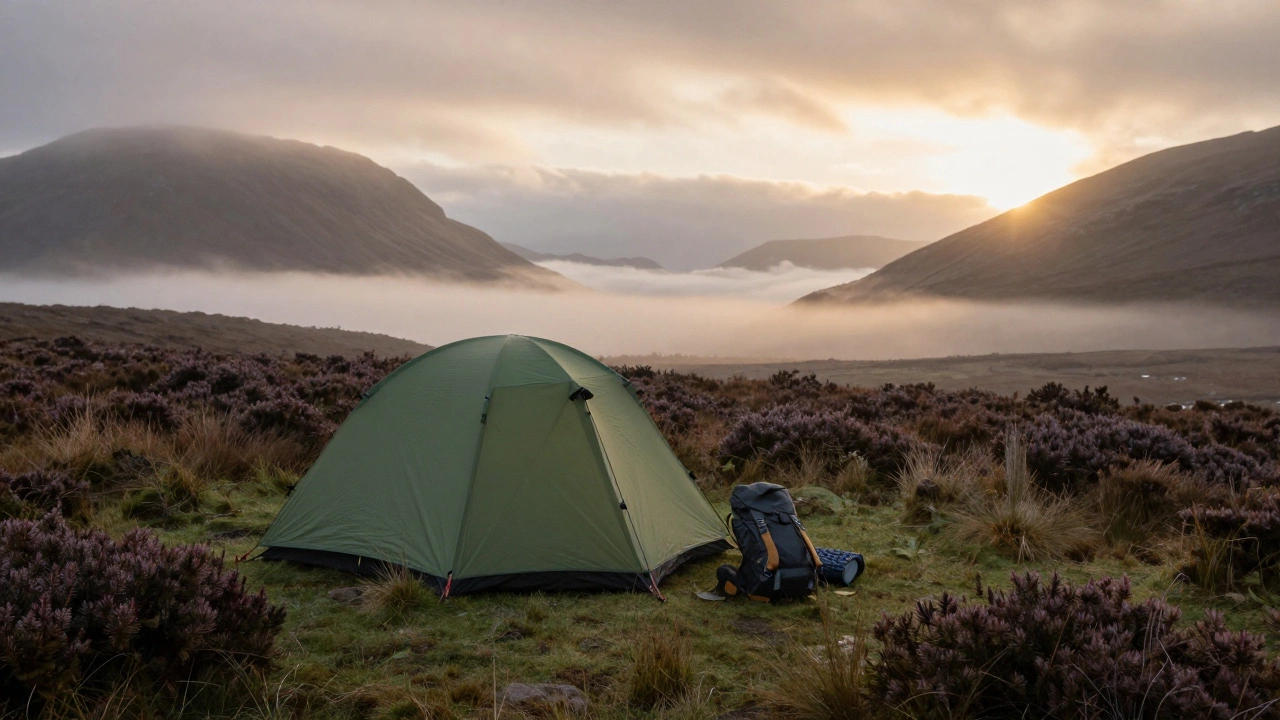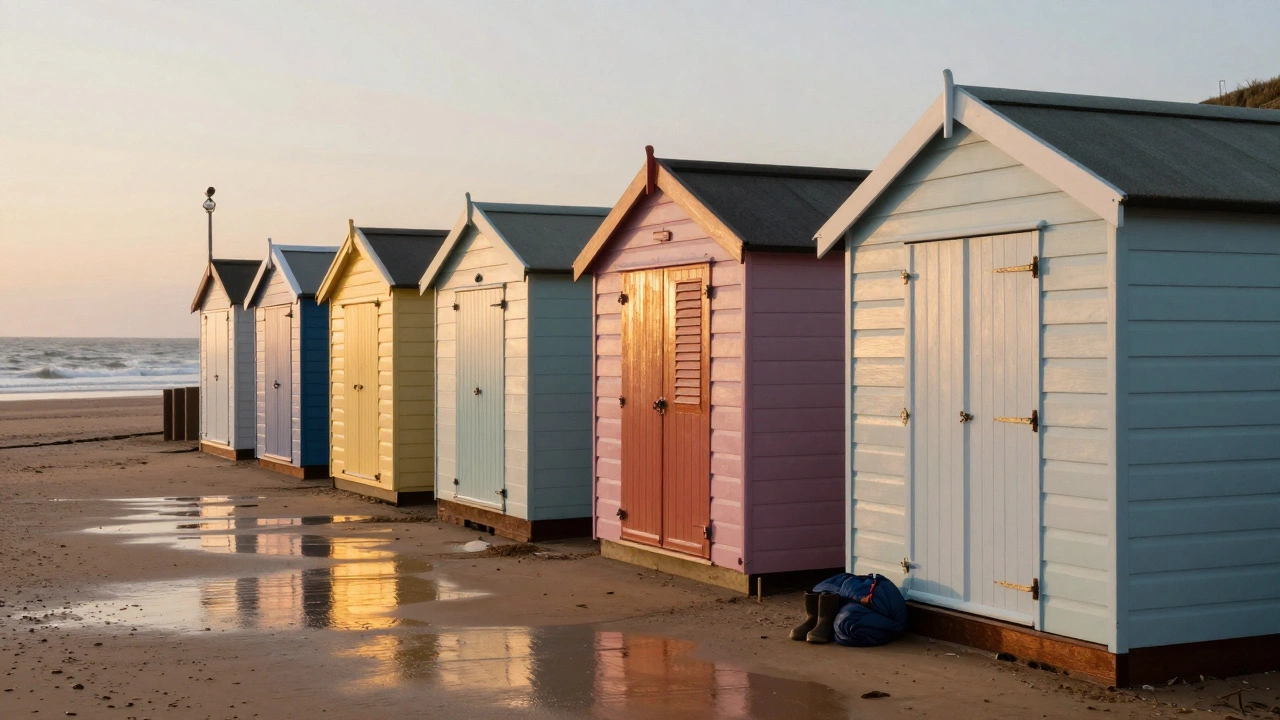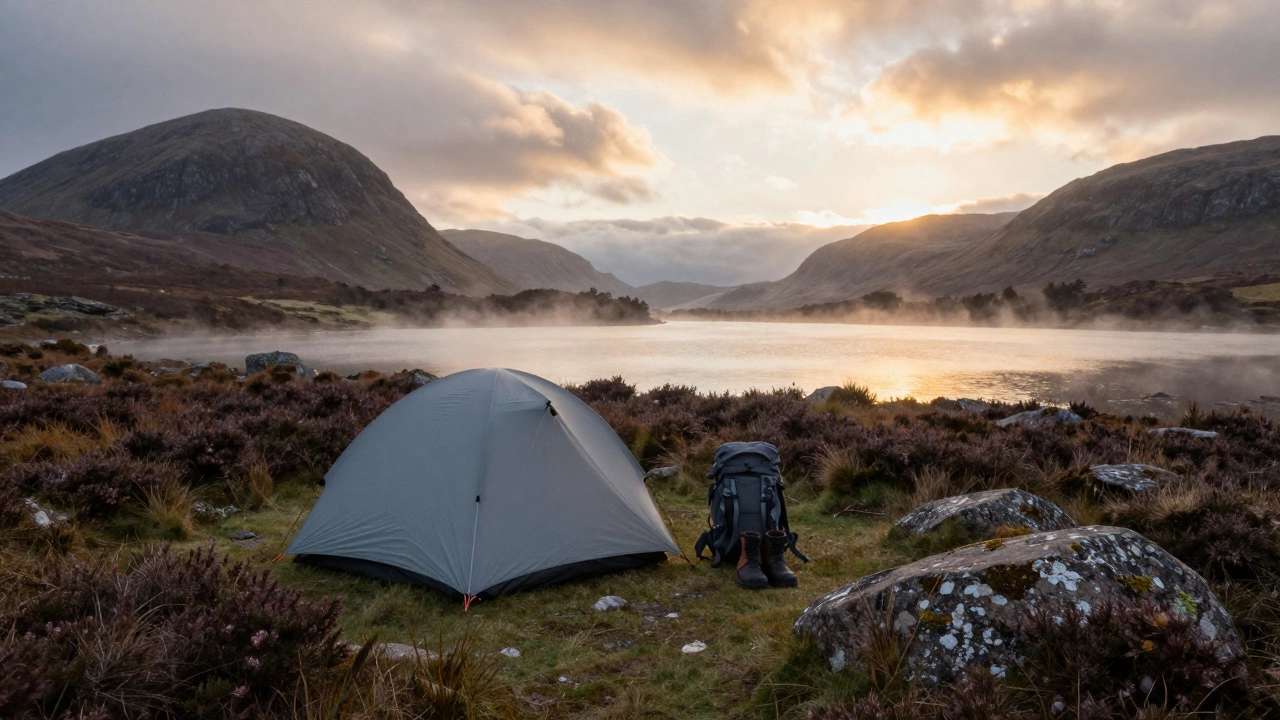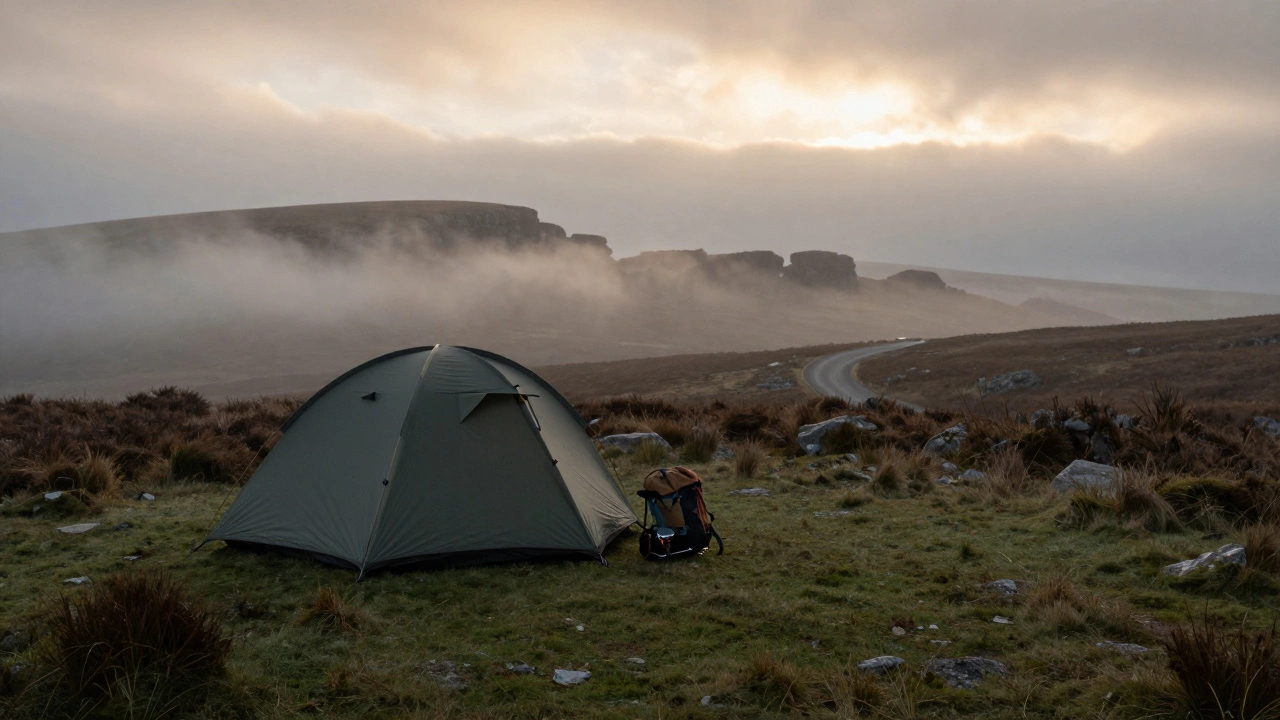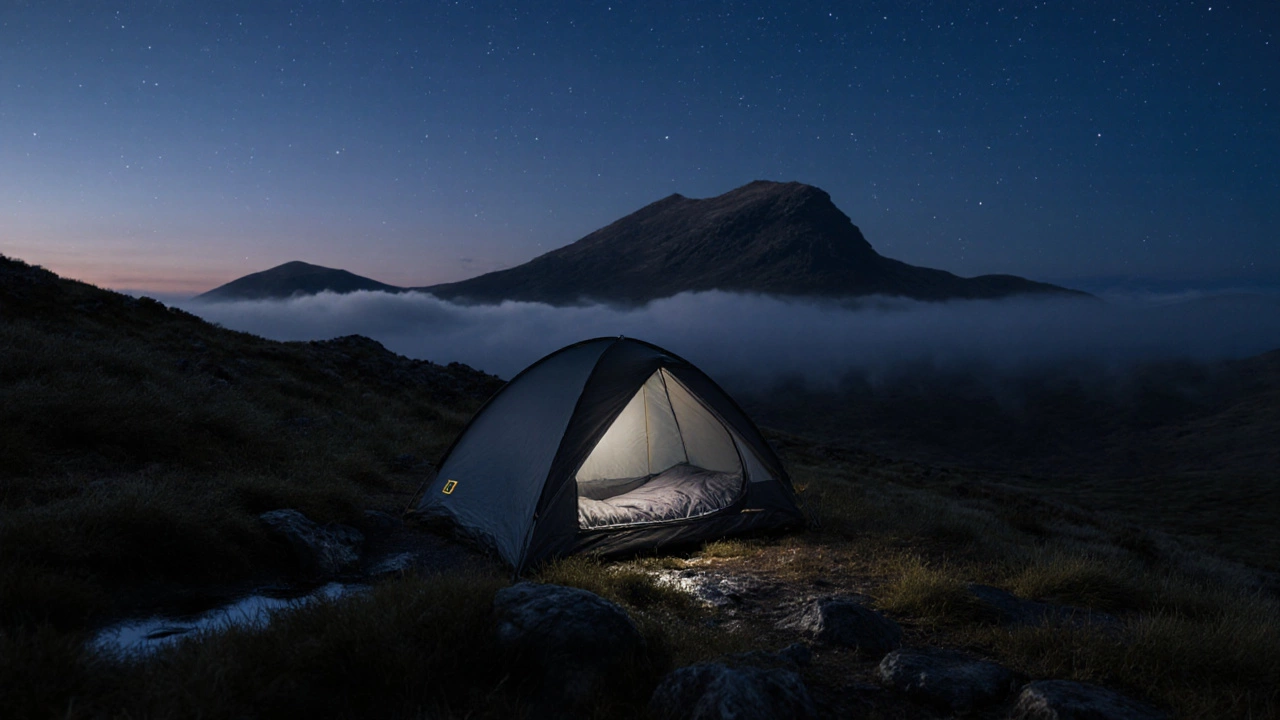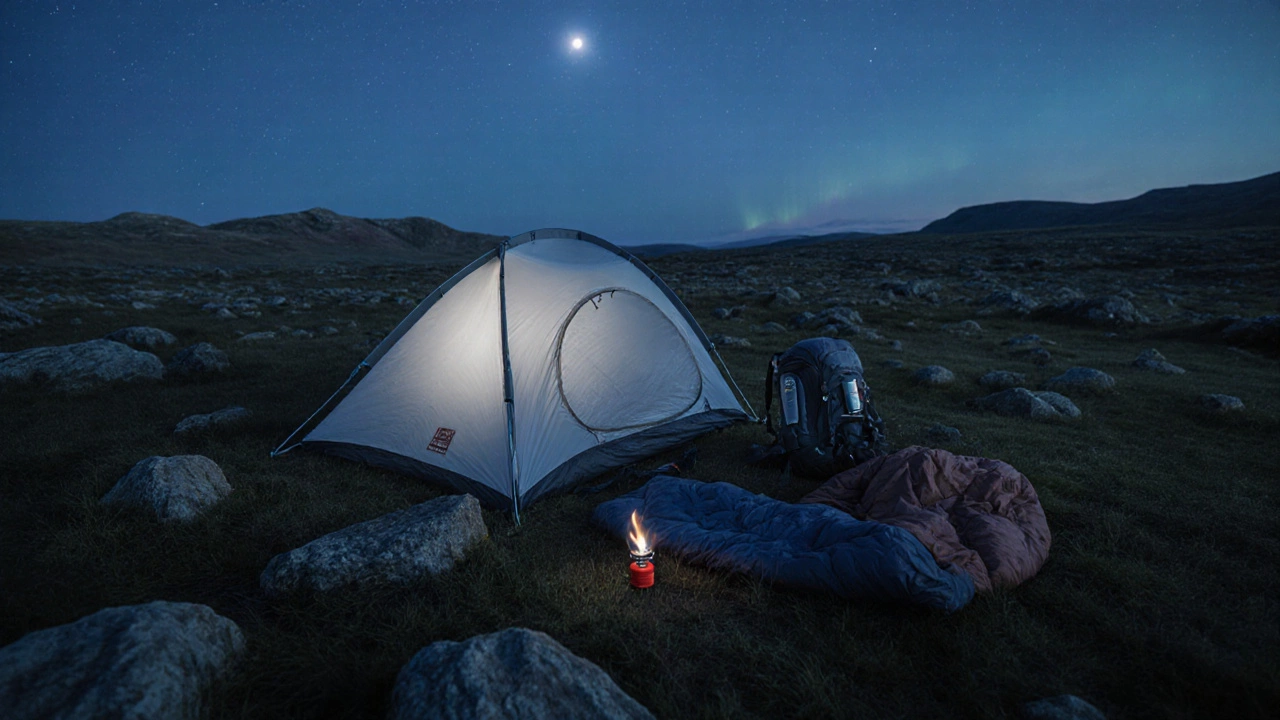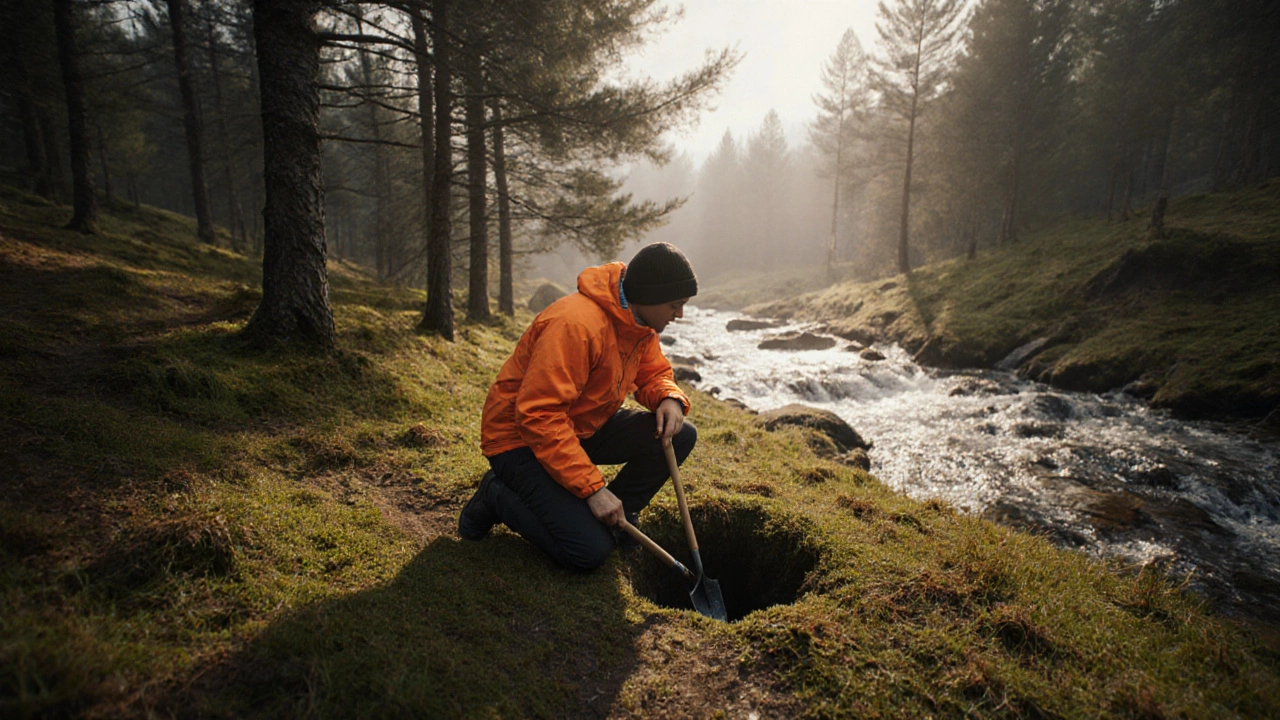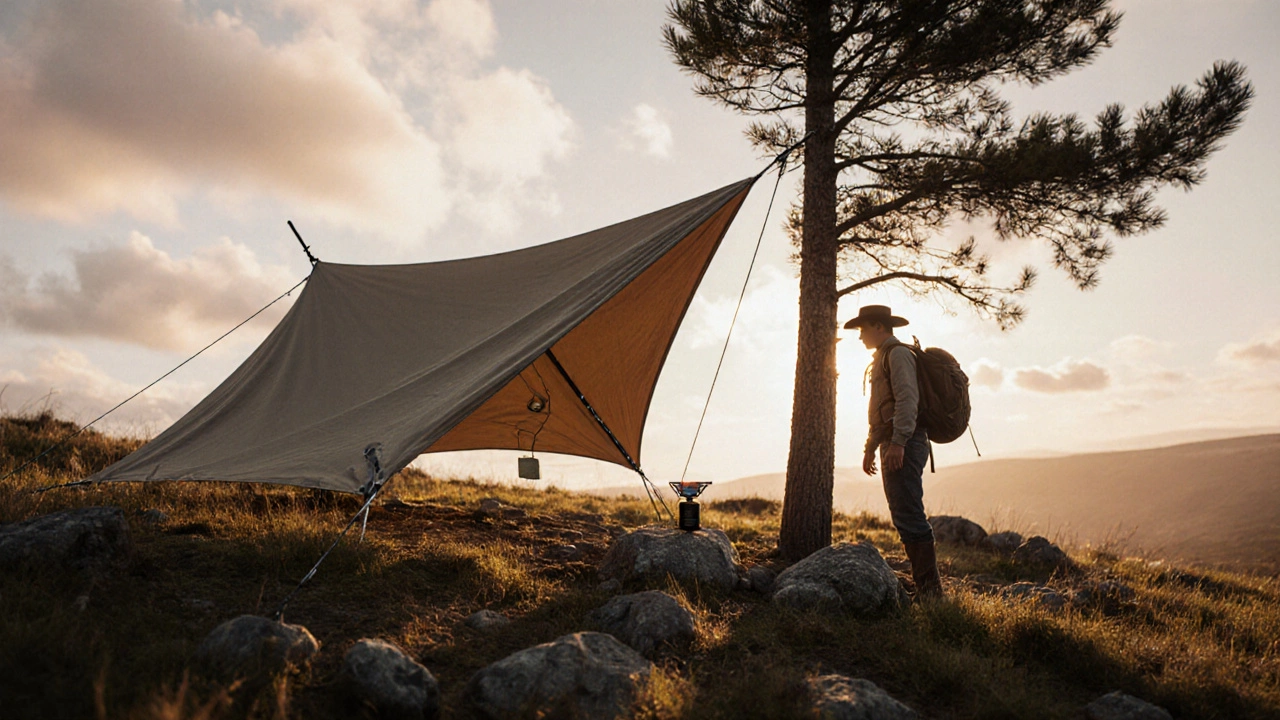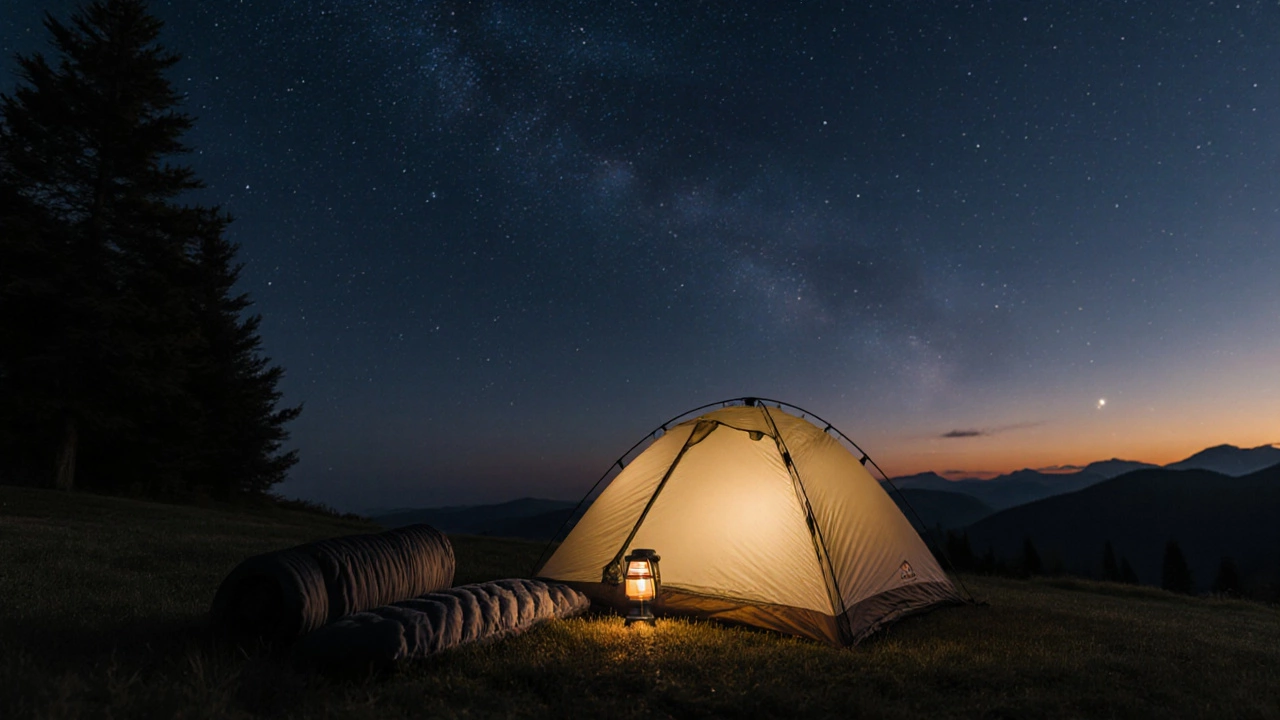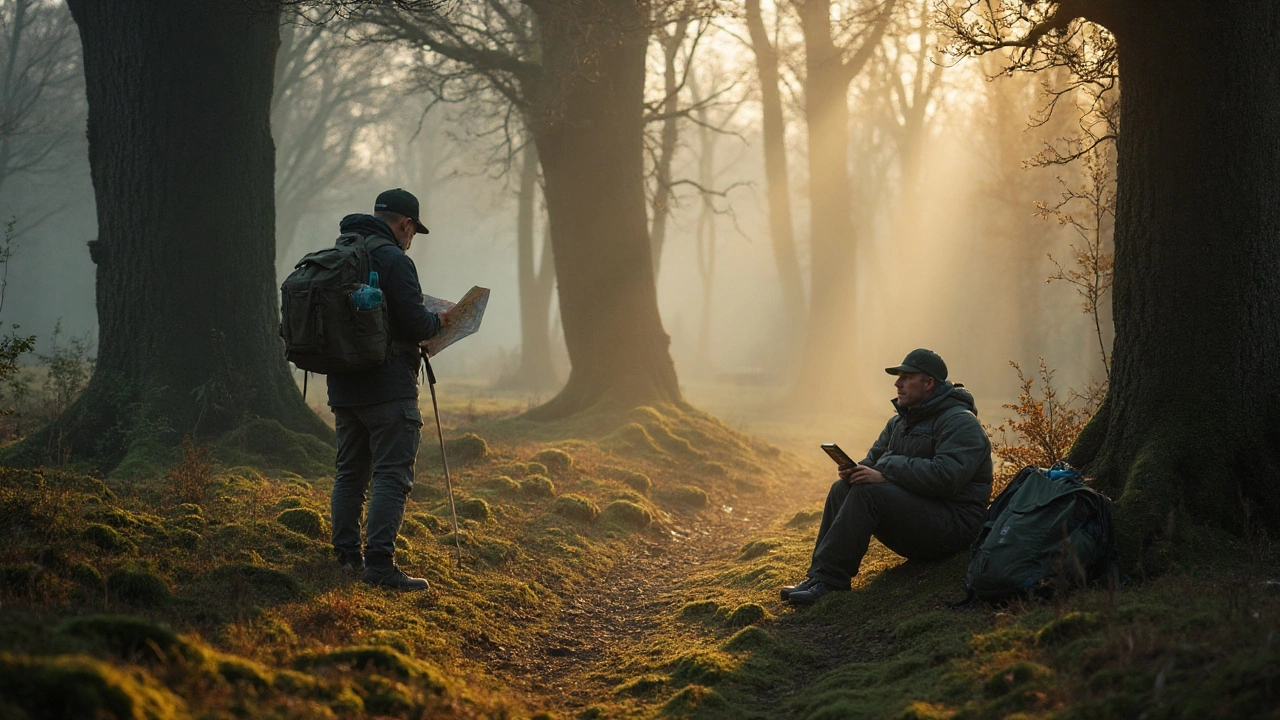Wild Camping UK – Your Practical Guide to Free‑Range Adventures
Thinking about sleeping under the stars in England, Scotland, Wales or Northern Ireland? Wild camping lets you break free from crowded sites, but you need to know the rules and basics before you pitch your tent. This page gives you straight‑forward advice so you can enjoy the wild without getting into trouble.
Legal Basics You Need to Know
First off, England is the toughest place – most landowners say no camping unless you have permission. Scotland, on the other hand, follows the ‘right to roam’ law, so you can camp on most uncultivated land as long as you stay respectful. Wales and Northern Ireland sit somewhere in between: you’ll find some open access land, but it’s safest to ask the landowner or check the local council’s guidelines.
Regardless of region, the core rule stays the same: leave no trace. Pack out every piece of rubbish, avoid building fires on dry ground, and keep your campsite tidy. If you follow these habits, you’ll rarely be asked to move.
Top Tips for a Smooth Wild Camping Trip
Pick a spot where you can blend in. Look for a small clearing away from footpaths, close to a water source but not right on the banks. A good rule of thumb is to set up at least 10 metres from any path or road. This keeps you out of sight and reduces disturbance to others.
Bring a lightweight tarp or a small fire‑proof mat. It protects the ground and makes your night more comfortable. A good sleeping bag rated for 0‑5°C works in most of the UK, even when the weather turns chilly after sunset.
Don’t rely on a campfire. Many areas have fire bans in summer, and a simple gas stove does the job without the risk. If you must use a fire, make sure it’s on a designated mound of stones, keep it tiny, and fully extinguish it with water before you leave.
Navigation is key. A paper map and a compass work even when your phone dies. Mark the nearest road or landmark on your map so you can find your way back if the weather worsens.
Respect wildlife. Store food in airtight containers and keep it away from animal paths. This avoids unwanted visitors and protects local species.
Finally, always have a backup plan. Carry a spare tent or a bivvy sack, and let someone know where you’re heading. If you’re asked to move, having an alternate spot nearby saves time and stress.
Wild camping in the UK can be a rewarding way to see the countryside, from the rugged Scottish Highlands to the quiet woodlands of the Midlands. By knowing the legal basics, choosing discreet sites, and packing smart, you’ll get the freedom you crave without the hassle.
